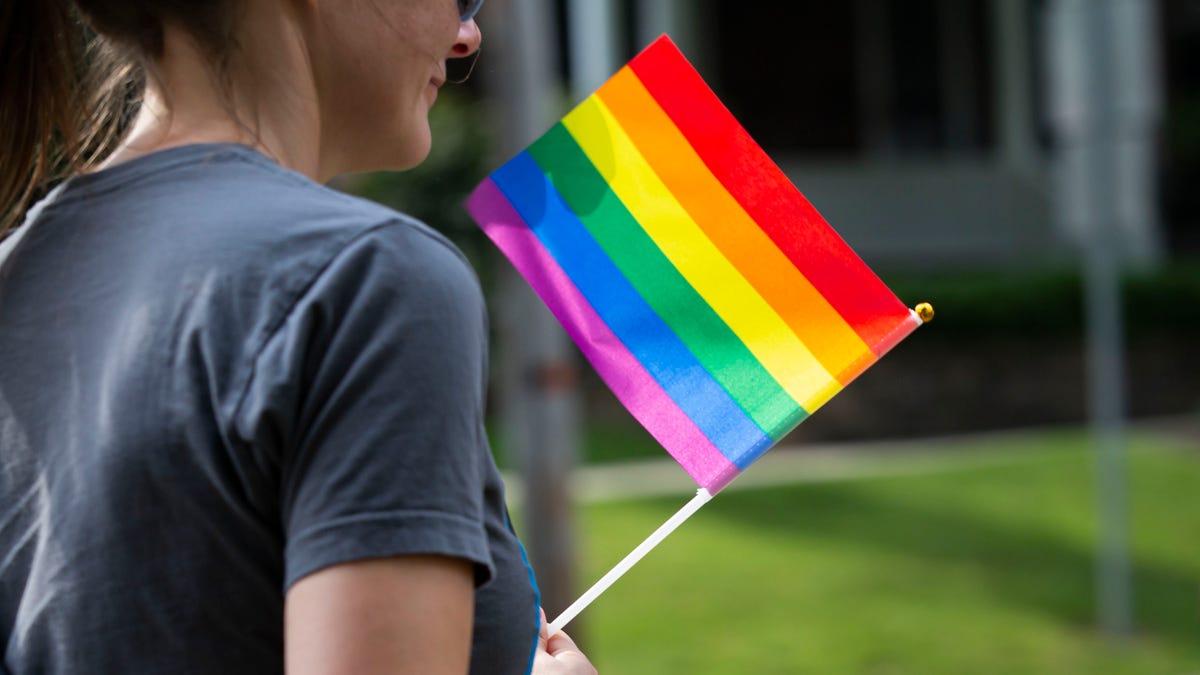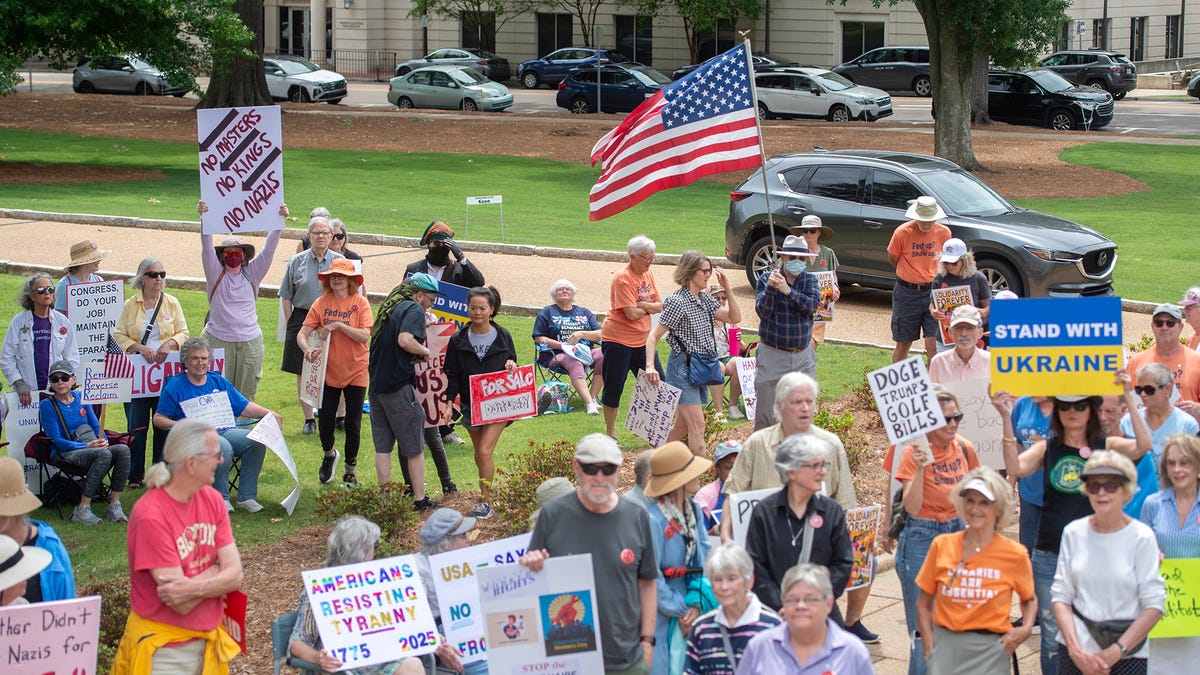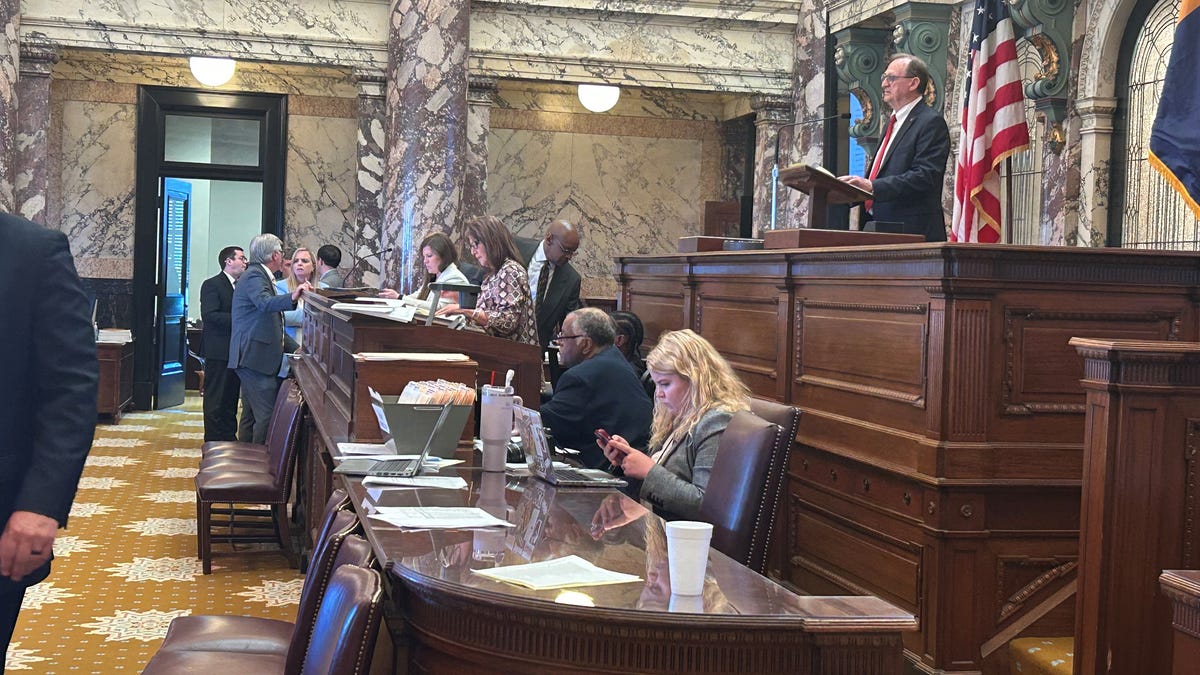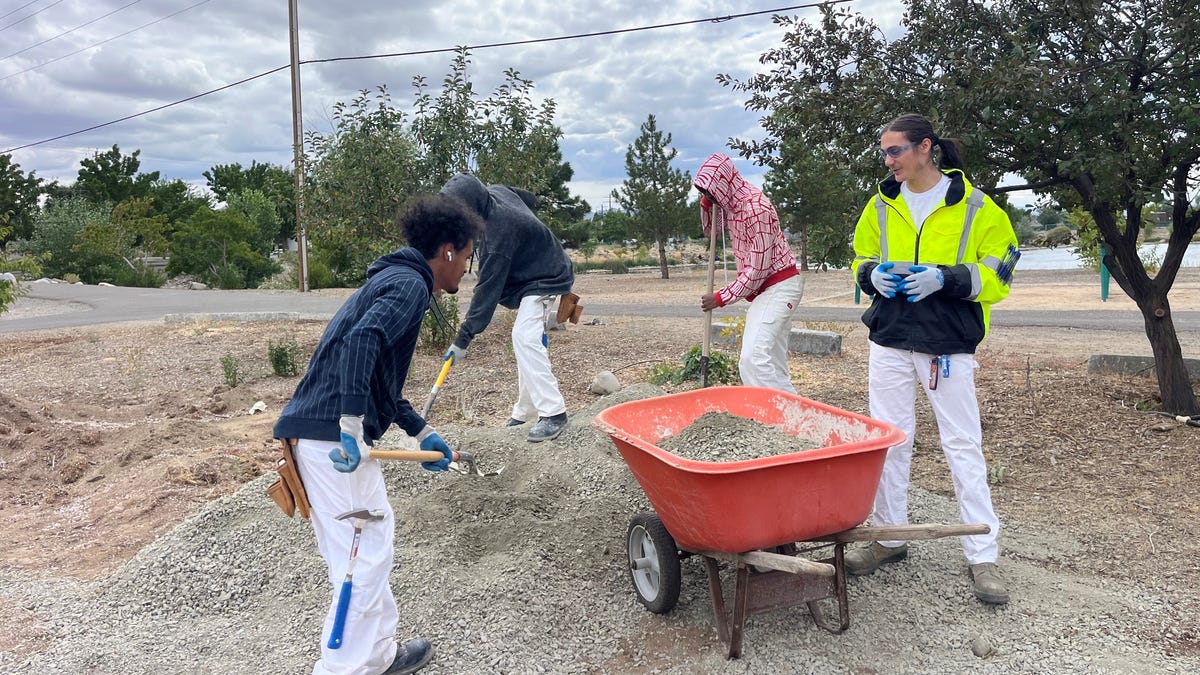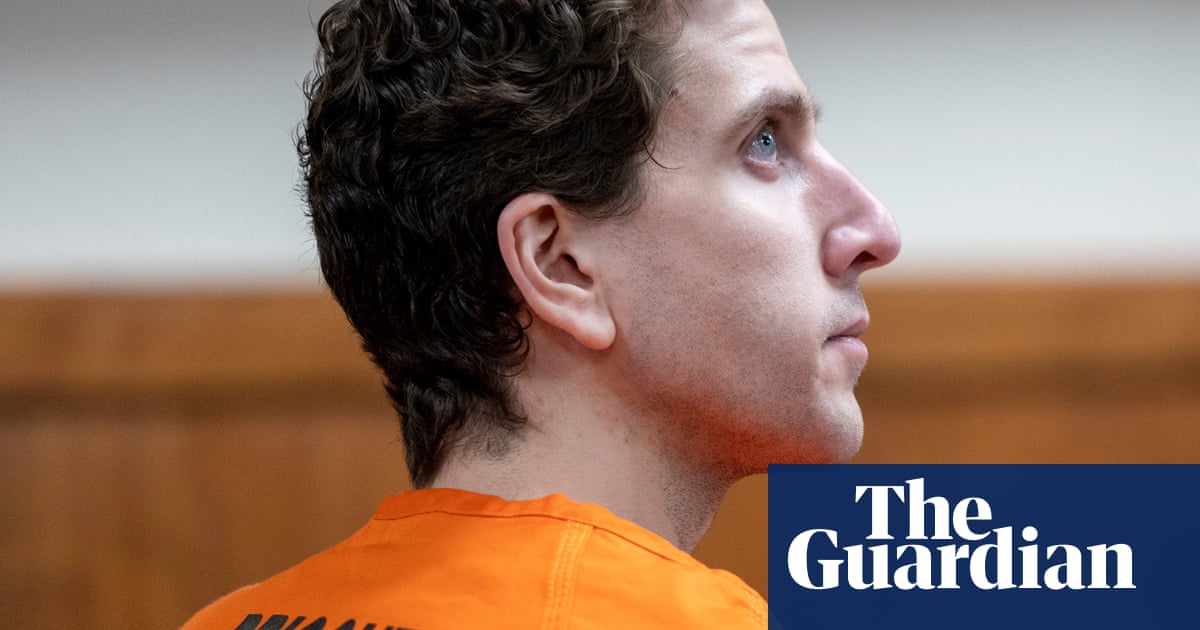Bryan Kohberger, the suspect accused of killing four young University of Idaho students in 2022, is set to go to trial in August in a case that could see him sentenced to death.
He is charged with the murders of Madison Mogen, Kaylee Goncalves, Xana Kernodle and Ethan Chapin – who were together in the same house when someone broke in at night and stabbed them to death.
But the case is running into problems, not least a failure by prosecutors to ascribe a motive for the killings, which terrified a region and shocked the US amid a media frenzy around the crime.
Last week, Kohberger’s attorneys requested a trial delay, citing in part intense publicity around the case generated in part by a recent NBC Dateline special they claim was prejudicial to their client because it contained apparent prosecution leaks in violation of a non-dissemination order.
The leaks included information that the phone belonging to Kohberger connected 23 times in four months to a cellphone tower near the rented home where the four students were killed. And also that he searched the internet for information about serial killer Ted Bundy as well as for pornography with the keywords “drugged”, “sleeping” and “passed out”. The defense is arguing it now requires more time to prepare for trial because of the publicity around that information.
Further problems may arise in July with the pre-trial publication of The Idaho Four, by the crime writer James Patterson and the journalist Vicky Ward, who ran afoul of a judge in South Carolina after obtaining crime-scene photos and documents in a civil claim related to that state’s notorious Alex Murdaugh double murder case.
Kohberger’s attorneys have said the blurb for the book “suggests that the apparent Dateline leak was not the only violation of this court’s non-dissemination order” and a delay might mitigate the “prejudicial effects of such inflammatory pretrial publicity”.
Idaho judge Steven Hippler has said he is open to appointing a special prosecutor to question people under oath to determine the origin of the leaks. But whether or not a delay is granted, a number of recent court rulings have been going against Kohberger, who has pleaded not guilty.
His defense team has tried to keep considerable evidence, including a 911 call alerting police to the crime; the description of a man with “bushy eyebrows” at the house around the time of the murders; and his Amazon shopping history, including the purchase of a knife similar to the one the alleged assailant was said to have used, out of the trial.
Amazon records show that an account under Kohberger’s name and email address bought a Ka-Bar knife, sheath and sharpener in March 2022, eight months before the murders, and had them shipped to his parents’ home in Pennsylvania, where he was later arrested. A brown leather Ka-Bar knife sheath was found, police said, next to one victim’s body and DNA on the clasp matched to Kohberger.
Kohberger’s defense team claims his Amazon purchase history was “out of context, incomplete and unfairly prejudicial”, but Hippler ruled it was “highly relevant” and “establishes significant connection between the defendant and Ka-Bar knife and sheath”.
In another ruling against the defence, Hippler turned down a request to exclude the criminology student’s 12-page master’s essay from being presented as evidence in the trial. In it, Kohberger assessed how to handle a crime scene where a woman has been found stabbed to death.
Other rulings going against the suspect involve evidence about his white Hyundai Elantra – a similar make and model of car that prosecutors say the killer drove and which was captured on security video near the home before the murders and leaving soon after.
Nor has the judge allowed defense requests that the death penalty option be dropped because their client was once diagnosed with autism. Hippler instead ruled that the defense can only introduce the diagnosis if Kohberger testifies in his own defense or as a mitigating factor is he is convicted.
But Hippler has also ruled that Kohberger’s defense was permitted to keep a court filing ‘in support of … alternate perpetrators” sealed from public view. It is not yet clear if defense claims of another perpetrator, or perpetrators, claimed to be in the documents will be permitted at trial.
Absent from the prosecutors’ filings to date are any attempts to ascribe a motive for Kohberger’s alleged actions.
Forensic psychiatrist Carole Lieberman has said she believes Kohberger’s decision to study psychology and then criminology was because he was “trying to calm the demons inside of him” and simultaneously “trying to learn how to commit the perfect crime”.
To the Guardian last week she went further, arguing that the bloody crime scene and use of a knife was evidence that Kohberger harbored rage against young women.
Kohberger, she claimed, had held this rage since at least middle school, when he had a crush on a cheerleader – said to have looked like Kaylee Goncalves – only for her to reject him.
“I think that’s why he stalked and killed them,” she said.
According to some reports, Kohhberg followed Mogen and Goncalves on Instagram. The defence denies the claim and argues there is no motive to find because Kohberger did not commit the crime.
Louis Schlesinger, a professor of psychology at John Jay College, said it should be noted that Kohberger’s alleged crime was a targeted mass killing, not a serial killing, because there were two others in the home at the time, including a surviving roommate, who reported seeing an intruder with “bushy eyebrows”, and were not attacked.
“This seems to be situationally based, so you can rule out psychosis or impulsivity,” Schlesinger said, “and it doesn’t appear to be sexually motivated. It could be jealousy or a feeling of rejection or humiliation. But we really don’t know the motive was.”
But that doesn’t mean a jury would not want prosecutors to at least imply a motive.
“Jurors want to hear a motive before they send someone to the execution chamber,” he said. “They will want to know why he did it.”


